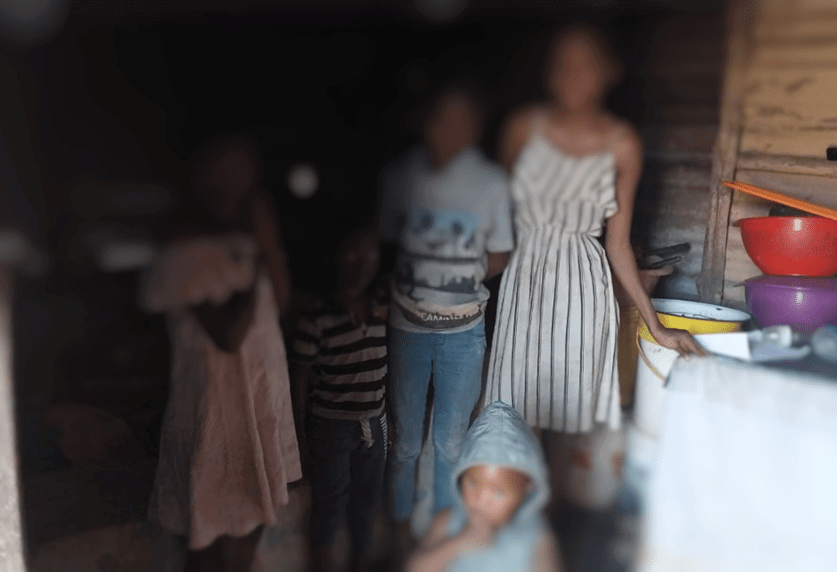This Content Is Only For Subscribers
According to Southern African Journal of HIV medicine survey conducted, Eastern and Southern Africa is home to 53% of the 36,9 million people living with HIV globally.
South Africa has one of the largest HIV testing services (HTS), which is a crucial component of National HIV response.
Most if not all public clinics offer free HIV testing, counseling and treatment services to the public. The antiretroviral treatment is free to anyone who tests positive, no matter what their CD4 count is.
These services are intended for the public to use but despite measures put in place by government for its people, thousands count years since they last tested for HIV. The youth, especially, are still unaware of their HIV status, by choice.
Prep also know as Pre-Exposure Prophylaxis is a pill prescribed to prevent getting HIV. It reduces the risk of getting HIV from sex by 99% and reduces the risk from injection drug use by at least 74%.
When the Prep pill was first introduced, it was met with uncertainty and some believing it was the government’s way of tricking people to take ARVs without their knowledge. Even today, most still choose not to take Prep or have protected sexual intercourse.
Even with the measures in place, citizens still risk their health by having multiple partners, engaging in one night stands, not testing before sleeping with their partners and not testing regularly as they should.
Groove culture which is slang for the night life tendencies, has contributed to young adults partaking in irresponsible behaviour. Men buy women alcohol in exchange for sex and that has been behaviour normalized. In most cases, parties involve have been consuming alcohol and are inebriated. The alcohol manipulates and alters with their reasoning and capacity to think, allowing individuals to indulge in activities they would not have if they sober. These lead to sex with strangers that do not disclose their HIV status. One night of fun unfortunately becomes a lifetime of regret and treatment.

Another contributing factor to the high rate of unaware people living with HIV is online dating. Online dating has served as a purpose and platform for easy hookups and random sex from strangers. Dating sites such as Tinder in East London, is well known for the amount of willing people to have sex with strangers masked as looking for love. Varsity students create profiles to lure and seduce men with money that would be willing to fund their lifestyle. This unfortunately is accompanied by requests to have unprotected sex.
Easy access to sex means more people being infected but unaware because regular testing has not been made a norm in South Africa.
People want to engage in sexual intercourse without bearing the risks it may come with. They choose to be oblivious and ignorant to sex health.
Speaking to the university nurse at one of the universities in East London, she mentioned that when girls go for birth control, they usually also test for pregnancy and HIV, given that the patient grants permission. In most times, students do not want to know their HIV status. She shared how worrying the behaviour of these young girls is. Some as young as 17, cannot come to terms after learning that they are HIV positive, blaming peer pressure and need to fit in other than themselves for partaking in irresponsible and unsafe sex.
Most of these youngsters are walking hazards, with some aware and some unaware. Sad part is most cannot accept that they are positive which leads to suicidal thoughts. It’s such a shame young adults find joy in having multiple partners, – she said.
She also touched on how the decisions one takes in their early 20s will affect their whole out look on life at later stages.
Clicks, Dischem and other pharmacies made life easy by offering at- home HIV self testing kits for citizens that would love the knowing at the privacy of their homes.
She said that as a sexually active human being, it is your responsibility to test at least once a year. It is also your right to use services offered by public clinics. She urged that people made use of such services.













